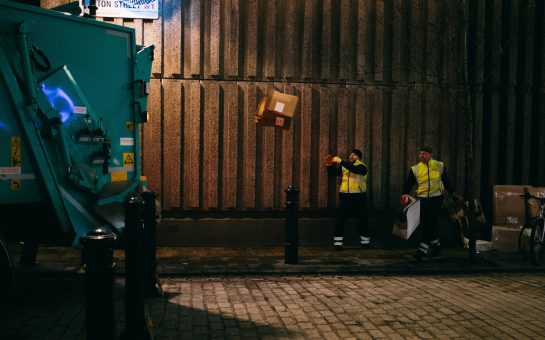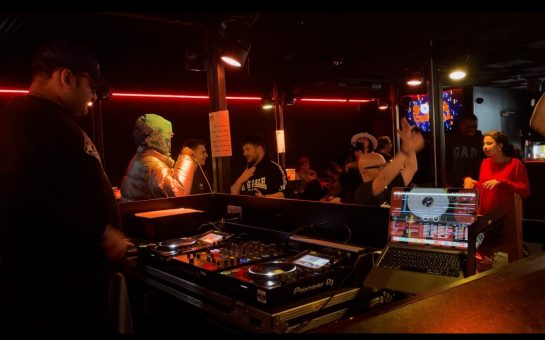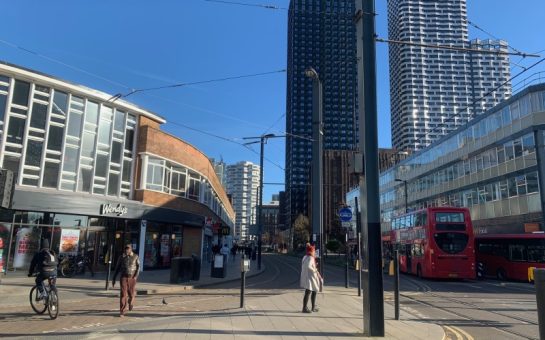By Naomi Curston
December 21 2019, 12.40
Follow @SW_Londoner
Witches, pagans, occultists – there are more than you might think wandering around London.
This year, in the south west of the city, there were two major gatherings for people interested in magick.
Although ‘witch’ might conjure a vision of someone quite scary, modern witchcraft has little to do with the cackling archetype.
“There are very few actual nasty people in this field,” is how occult publisher Erzebet Barthold put it.
Croydon’s Witchfest, the ‘largest witchcraft festival in the world’ according to its website, started 17 years ago and now attracts around 4000 people to every event.
Kensington’s brand new Magickal Women Conference, meanwhile, was so successful this year that people missed out on tickets.
The secularist pagan
Megan Manson, a pagan based in Kent, travelled to London to attend Witchfest, as she has done for the last three years.
She doesn’t identify as a witch, though doesn’t mind if others call her one.
“If the idea of the witch is a woman who is confident and takes control of things herself, then I am quite happy with that label!” she said.
Megan didn’t always hold the views she does now.
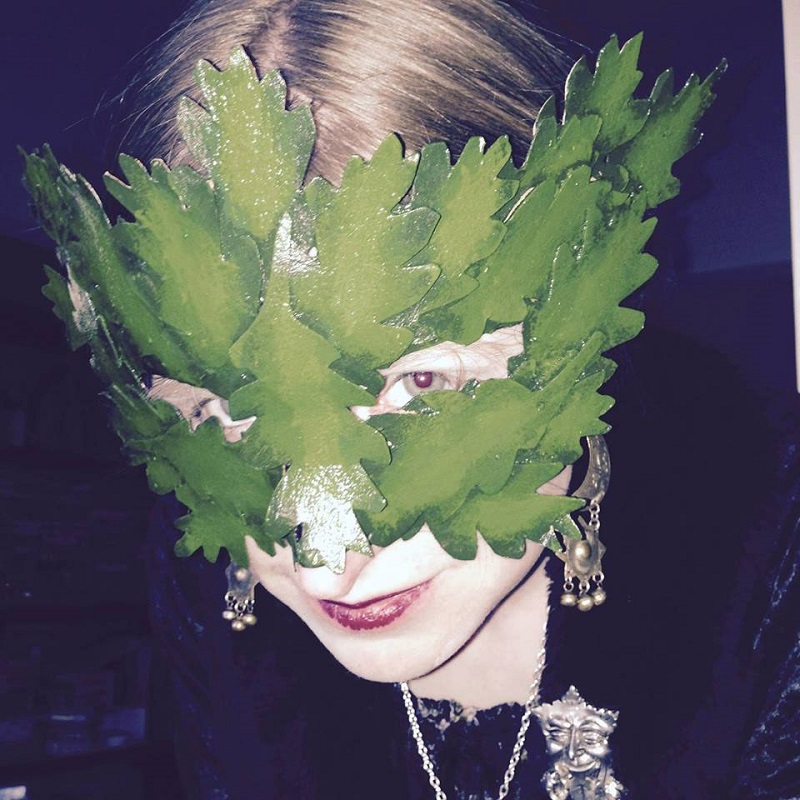
Raised Roman Catholic, she drifted away from spirituality as a teen.
“I didn’t really practise paganism because I felt there was a lot of conflict between having this spiritual dimension for life and being grounded in science and rationalism,” she admitted.
Paganism had always been in her peripheral vision, as her dad ran a business catering to New Age and pagan customers.
On a trip to Japan for university she saw how people could be deeply spiritual and still very realistic.
She explained that spirituality in Japan was a practice where absolute faith was not demanded.
It was then she decided to pursue a pagan path, and she hasn’t looked back.
“It does make me happy,” she said. “I would definitely say that my life has got better since following this path.”
There is a downside to being openly pagan.
Witchfest was picketed by protesters this year, who were ‘shouting fire and brimstone’ outside, according to Megan.
She believed anti-pagan prejudice was mostly gone until a neighbour yelled ‘burn the witch’ at her while she was performing a ritual in her back garden.
Bigotry – specifically Islamophobic bigotry from Britain First in Rochester – was part of the reason that Megan became adamant that religion – including her own – had no place as part of the state.
She spoke at length about the inequality caused by faith schools, and the privilege afforded to the Church of England via the 26 bishops in the House of Lords.
Of the idea of a pagan faith school, she said: “I would hate the idea of my religion being used to discriminate against people, to marginalise people.
Secularism is clearly incredibly important to her. Her day job is about campaigning for the separation of religion and state and she is a volunteer for the North Kent Council for Inter Faith Relations.
“We should all try to make a world where we can ask big questions ourselves,” she said.
“Where we can come to conclusions by ourselves without having to be pushed one way or another.”
The Wiccan wordsmith
Lucya Starza has been going to Witchfest for a long time and has given talks at the last few festivals.
She works full time as a pagan author, with two books in the works, and teaches workshops at Treadwell’s occult bookshop in London.
“It’s a brilliant witchcraft festival and it’s quite close to where I live. Why wouldn’t I go?” she said.
“It’s just like a big family reunion.”
The protestors outside didn’t bother her. She said she had seen people like them there before and suspected they were fundamentalist Christians.
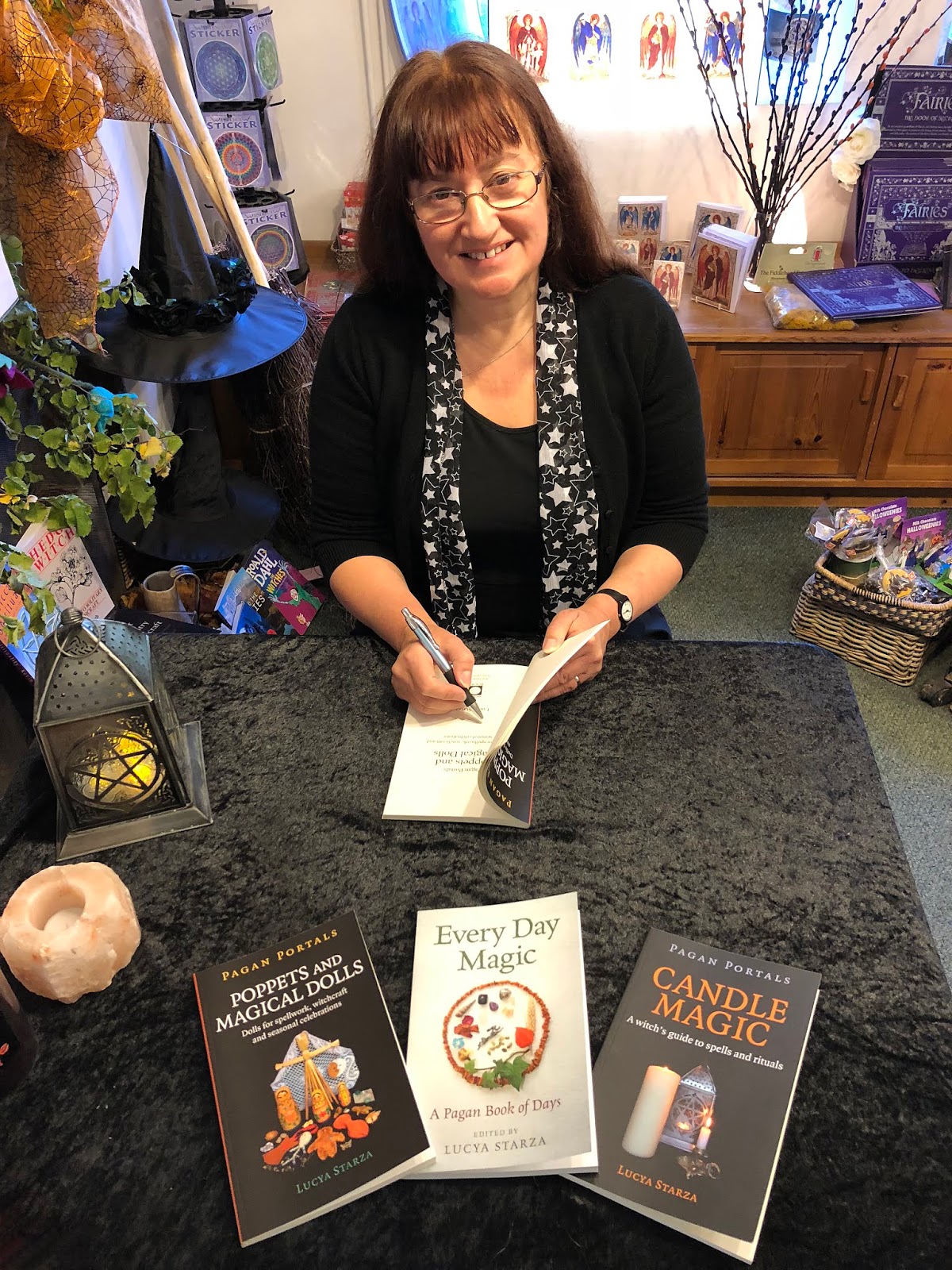
“You really think they should just mind their own business,” she said. “We wouldn’t go and heckle outside their church.”
Her Witchfest talk this year was on poppets, a doll used for casting spells, a part of traditional folkloric witchcraft she loves.
“In common culture, people just think of the horror film idea of people sticking pins in them to hurt people,” she said.
“But really they’ve been used for healing, for fertility magick, for all sorts of different things.”
She is an initiated Gardnerian Wiccan – a branch of the nature-based religion that revolves around observing and celebrating the changing seasons.
Like Megan, Lucya came from a background where folklore and unconventional spirituality were the norm.
“To be honest, my family was slightly weird,” she said.
Her grandmother was a theosophist and astrologer, and everyone else had at least some knowledge of folkloric practices.
Every witch is different, and Lucya has a particular penchant for divination and candle magick.
“The reason why we use candles is because the quality of the light just seems to change the atmosphere of a room,” she said.
“We’ll light candles in our bath to make it like a spa. We light candles when we want a romantic dinner. We light candles on a dark winter’s night. We light advent candles.
“We can make things more the way we want them. And that lends itself really well to magick.”
Making magick
“In every form of life, the men tend to be given top billing, don’t they?” said Lucya, praising the ‘brilliant’ Magickal Women Conference.
The conference organisers Sue Terry and Erzebet Barthold hosted the event for the first time this June after deciding female-led esoteric conference was long overdue.
Unlike at Witchfest, there were no protestors.
“Our security team was that bored, I think they made off with somebody’s ritual bottle of wine,” said Erzebet, who is also a belly dancer and publisher.
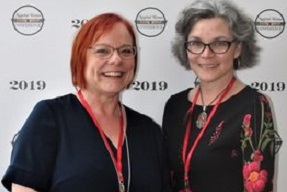
Around 300 visitors flocked in from far and wide, including the US, Canada and Europe, to hear 40 female speakers.
Erzebet said they came across an esoteric conference one day about feminism – but every single speaker was male.
“Sue made a snarky comment and I said: you know what? Let’s just do our own,” she explained.
Sue, an academic studying English Literature and Occultism, recalled her favourite moments from the South Kensington conference: Victoria Musson’s grain goddess sculpture, haunting music from Sharron Kraus and a talk by Emma Kathryn about women using magick against oppression.
Both spoke of their wonder at the people they attracted to speak at the event – women they had admired forever.
Erzebet explained that publishers dominated the stalls that guest browsed.
“There are always a lot of books at esoteric events,” she said. “We like our books.”
The pair are looking forward to creating satellite events eventually, maybe in York or Edinburgh.
For now though, the focus is on the main 2020 event which will be held over two days next June.
The first day will be similar to the 2019 event, and the second more relaxed, with drinks, a guided walk and a storytelling session.
“Who doesn’t want to sit there talking about myth and magick and fairy stories with a glass of wine in their hand?” Sue asked.
Tickets for the Magickal Women Conference 2020 are on sale now from www.magickalwomenconference.com.
